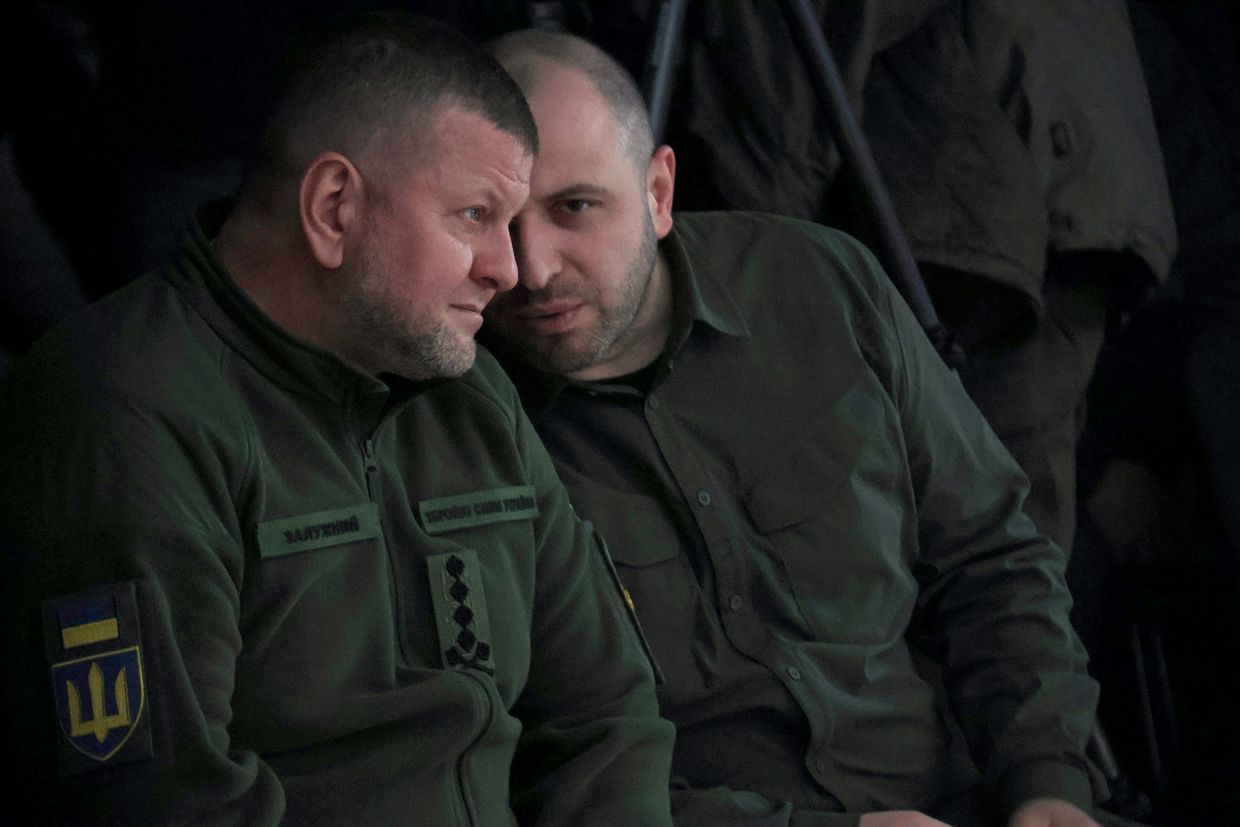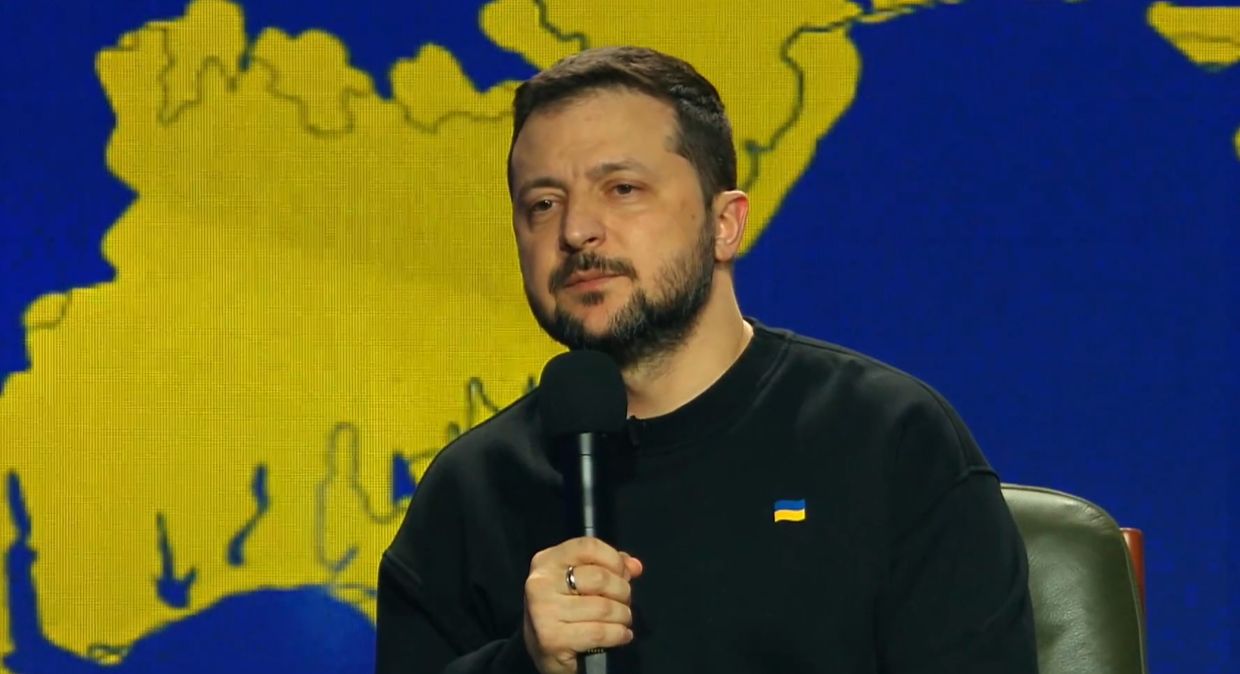Lawmakers return crucial mobilization bill to government for revision

Following talks with defense representatives, lawmakers returned the government's bill on mobilization and military service for a revision, David Arakhamia, the parliamentary leader of President Volodymyr Zelensky's Servant of the People party, reported on Jan. 11.
The bill was planned to be introduced to parliament on Jan. 11 after the government submitted the draft law on mobilization and military service to the parliament on Dec. 25, provoking weeks of discussion on plans for further conscription and tightening restrictions on draft evaders.
Mobilization became a major topic of public debate in Ukraine as the all-out war with Russia continues to put pressure on the country's Armed Forces.
"A closed meeting with the military command and a closed session of the conciliation council took place after yesterday's announcement," Arakhamia said on his Telegram channel.
"Present were Commander-in-Chief (Valerii) Zaluzhnyi, Chief of the General Staff (Serhii) Shaptala, Defense Minister (Rustem) Umerov, the parliament's leadership, heads of factions and committees."
The lawmaker noted that the bill "No. 10378 on the improvement of mobilization, military registration, and military service" was discussed in confidentiality as stipulated by law.
"We understand the request of the military command and are ready to meet it. But not all norms can be supported," Arakhamia said.
"Some provisions directly violate human rights. Some are not optimally formulated. This was openly told to the military command."
Even prior to this announcement, the content of the bill attracted criticism.
The parliament's Anti-Corruption Policy Committee said on Jan. 8 that the government's proposal creates corruption risks and suggested alterations in a meeting with defense representatives.
The European Business Association (EBA) also noted that in its proposed form, the bill could drive illicit employment practices, negatively impact the business environment in Ukraine, and infringe on the basic rights of the population.
Reports emerged already on Jan. 10 that the Servant of the People party, which holds the majority in the parliament, decided to return the bill for revision.
Several opposition members of the parliament criticized the supposedly chaotic discussions surrounding this crucial document.
"How could such an important topic be turned into such a circus - I just don't understand," said Oleksii Honcharenko of the European Solidarity party.
Yaroslav Zhelezniak, a member of the Holos (Voice) party, commented: "In my entire 10-year career in the parliament, I have never seen worse organization of process on such an important issue."
The parliament's National Security and Defense Committee began meetings at the start of January to assess the bill, with Umerov and military commanders attending meetings in parliament to deliberate.
Five versions of the mobilization bill were submitted by the Jan. 9 deadline. These included the original version offered by the government and four alternatives proposed by lawmakers.
Speaker Ruslan Stefanchuk also conducted closed-door talks with leaders of the parliament's factions, Zhelezniak said on Jan. 9.
Yevheniia Kravchuk, a lawmaker and a deputy head of the parliament's Humanitarian and Information Policy Committee, said already on Jan. 2 that parliament will not accept the bill without amendment.
The government's bill proposed restrictions on draft evaders, such as banning those who evade military registration and service from traveling abroad, restricting their rights to drive a vehicle or obtain a driver's license, and suspending their benefits and services from the state.
It is also setting a number of planned conscripts for the following year. Both Zelensky and Arakhamia said that the military requested the mobilization of up to 500,000 people, though Zaluzhnyi refuted this figure.
Yehor Cherniev, the deputy chairman of the National Security and Defense Committee, revealed that the bill does not include provisions on female conscription, a topic discussed in recent months.
Such a measure would likely not pass in any case, as Zelensky said during a December press conference that he would not sign a bill containing this provision.
The president also stressed that the bill needs to consider the demobilization and rotation of the troops currently deployed on the battlefield. These processes must be just for Ukrainian soldiers on the front line, and the Armed Forces leadership must take into account the troops' morale, Zelensky added.














